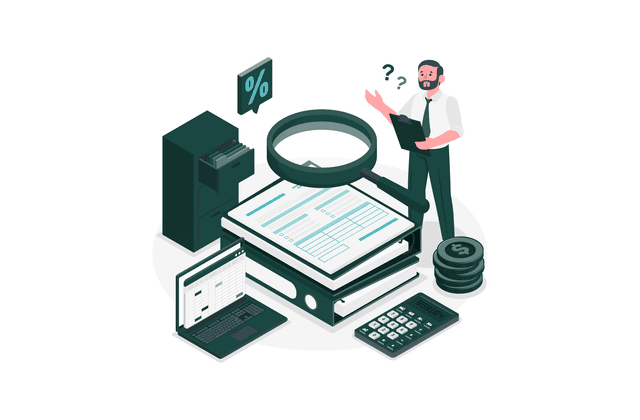
Choosing the Right Tool: SWAS vs SAAS for Accounting Needs
By kitaab
In the present tech world, two models of software have emerged as prominent players: SWAS (Software with a Service) and SAAS (Software as a Service). While these terms may sound similar, they represent distinct approaches to software deployment and usage.
What's Kitaab?
Kitaab provides finance, accounting and tax services for freelancers, start-ups and businesses in the service sector
Learn moreIn this article, we'll deal with the differences between SWAS and SAAS, explore their respective pros and cons, and determine which approach might be better suited for accounting purposes.
What is SWAS? (Software with a Service)
The term SWAS - "Software with a Service" is an approach that emphasizes the importance of software solutions' service components. Software functionality is the prime focus of SaaS, whereas SwaS mixes software tools with specialized service and support solutions. SwaS integrates software capabilities with professional assistance and guidance to help deliver a holistic solution to customers.
Benefits of SWAS:
SwaS offers several advantages over traditional SaaS models by providing unique features and benefits:
Enhanced Support and Customization: In contrast to SaaS, SwaS offers individualized support and customization choices catered to the individual requirements of the client. This guarantees a customized experience, allowing companies to efficiently utilize the platform.
Expert support and consulting: To help organizations get the most out of the program, SwaS services frequently include expert support and consulting. To guarantee effective acceptance and utilization, this can involve providing training, assistance with implementation, and continuing supervision.
Integration Capabilities: Most SwaS solutions allow for easy integration with current procedures and systems. This lets companies take advantage of the capabilities of their current infrastructure while adding new software features to it..
What is SAAS? (Software as a Service)
Software as a Service, or SaaS, is a software delivery system wherein programs are made available through subscription. Users can access the software through a web browser where the provider handles all maintenance, updates, and infrastructure management instead of buying software licenses and installing applications on separate devices. SaaS models allow for easy scalability and eliminate the need for extensive hardware resources. Benefits of SAAS: SaaS has become widely used because of a number of noteworthy features and advantages it provides, including:
Flexibility and Scalability: SaaS apps are easily expandable or contracted to meet the needs of the company. Because of its adaptability, firms may optimize resource allocation and reduce costs by adjusting their software usage as needed.
Cost-Effectiveness: Organizations can save money by using SaaS instead of purchasing hardware and software licenses upfront. Rather, they pay for the services on a subscription basis, which lowers upfront expenses and makes budgeting more predictable.
Automated Updates and Maintenance: One of SaaS's key benefits is that the software provider handles patching, updates, and upkeep. This relieves businesses from having to handle these responsibilities so they may concentrate on their main business activities.
While SaaS and SWAS share similarities, the key difference lies in their primary focus. SaaS places more emphasis on the software itself, delivering applications over the internet, while SWAS goes beyond software functionality to provide additional services, support, and customization.
Accounting Considerations: When it comes to accounting purposes, both SWAS and SAAS have their advantages and disadvantages. SWAS-based accounting system allows for greater control and customization, which can be beneficial for organizations with complex accounting requirements. However, the upfront costs and ongoing maintenance responsibilities associated with SWAS can be greater in comparison to SaaS.
On the other hand, SAAS offers a more cost-effective and scalable solution for accounting software. Cloud-based accounting applications can be accessed from anywhere, making them ideal for businesses with remote teams or multiple locations. Additionally, SAAS providers often offer industry-specific accounting solutions tailored to meet regulatory and compliance requirements.
However, in a common scenario, SAAS-based accounting software typically demands a skilled accountant to operate effectively. Whereas, opting for a SWAS model accounting system like ours might allow one to forego the investment in both software and a dedicated team.
Ultimately, the decision between SWAS and SAAS as an accounting system hinges on various factors including the organization's scale, financial resources, accounting intricacies, and data security demands. Enterprises governed by stringent data sovereignty regulations and necessitating extensive customization might favor the SWAS model. Conversely, businesses managing numerous complex transactions with a dedicated accounting team may find SAAS more fitting.
In conclusion, both SWAS and SAAS have their strengths and weaknesses, and the decision should be based on a careful evaluation of an organization's specific needs and priorities. Regardless of the chosen approach, it is crucial to partner with reputable software vendors and providers to ensure reliable, secure, and efficient accounting solutions.